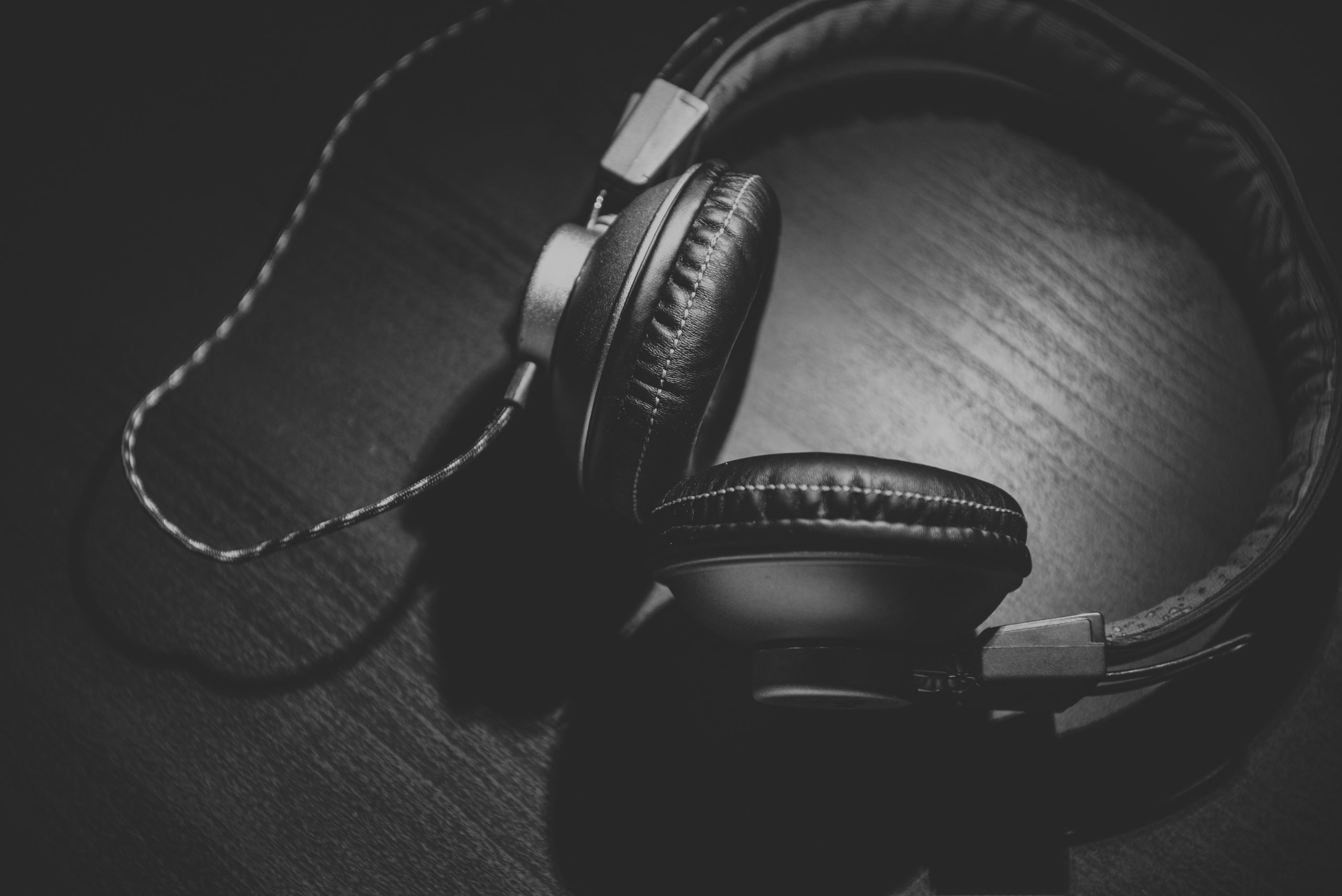In the history of music, no more skillful, soulful fingers have ever settled on a Venetian 17th century Montagnana cello or the Davidoff Stradivarius than those belonging to Yo-Yo Ma.
A musical genius both born and bred, Ma performed three of Johann Sebastian Bach’s solo suites by the time he was five, gained international fame as a child prodigy by seven and at 16 years old, after studying at The Juilliard School in New York City, Ma was accepted to Harvard University and there continued to hone his craft.
Ma was always learning, never satisfied, hungry—in many ways, ravenous—to improve, and he remains a changeable figure of innovation to this day. His list of awards needs no introduction: more than 15 GRAMMYs, the National Medal of Arts, the Presidential Medal of Freedom …
Yet, he’s so much more than his accolades, a transcendent musician of space and time and maybe the notion of talent itself. Yo-Yo Ma just is. The greatest. The most creative. A luminary. Insert anything after that verb you want and it’ll fit. To inspire your fill-in-the-blank descriptors—and your inner artist—here’s what Ma recently shared with the Harvard Business Review:

Image via L.A. Times
He defines collaboration as the space where two truths can live together. Ma told the Harvard Business Review: “I’ve learned to say, ‘Maybe there are two opinions. If you think differently than I do, let me put myself in your shoes and see what’s successful according to you, and then you do the same for me.’ Once we’ve done that, our minds are more open. We already know two solutions, and we’ll often find a third, where two truths can live together.” Ugh. No words. That’s just plain beautiful.
But he would never collaborate with a schmuck. “You might do something incredibly well, but if you’re a schmuck, if I don’t think we’d enjoy having dinner together, it’s not a complicated decision,” he said in his HBR interview. Substitute collaboration for love and you’ve also got excellent dating advice. But is there really much difference between someone you spend time with romantically and someone you spend time with creatively? Both relationships must involve passion, intimacy and compromise and both people cannot be complete schmucks.
Success to Ma means welcoming the unexpected. “You might have a routine and say, ‘I need quiet,’” he explained to the Harvard Business Review. “But then 10 things happen and you don’t have it. Do you panic and give a bad performance? Or do you say, ‘Well, this is unexpected, but I’m going to enjoy trying a new way’?” Ma’s philosophy about the welcomed expectation of the unexpected is brilliant in its complete contradiction to how human nature would have us react in a situation when something unforeseen occurs. Normally, we tense up, we freak out; we run. Why? Well, of course we’re not adequately equipped to handle this new thing. We must prepare all over again with this new, terrible thing in mind. Otherwise, failure is inevitable! The end of the world is near! Orrrr not. Could you imagine the power of simply shrugging our shoulders and embracing the unexpected as part—and maybe the most essential part—of the creative process?
Ma’s main goal when he takes the stage is to be unforgettable. Not to be the most technically proficient, not even to be the best of the best but to be someone whose performance cannot be forgotten. He told HRB: “If the next day people in the audience say to one another, ‘What did we do last night?’ that’s utter failure.”
He understands that happiness isn’t a definite but it is a definite decision. “Optimism is definitely a choice, because it’s very easy to be pessimistic and cynical,” he said in his interview. “But either you’re going to stay in that state the whole time or you’re going to look for the good in things.” Choose happy, says Ma, and so we must. Because when one of the world’s most creative minds tells us to do something, we have no other choice but to oblige.


